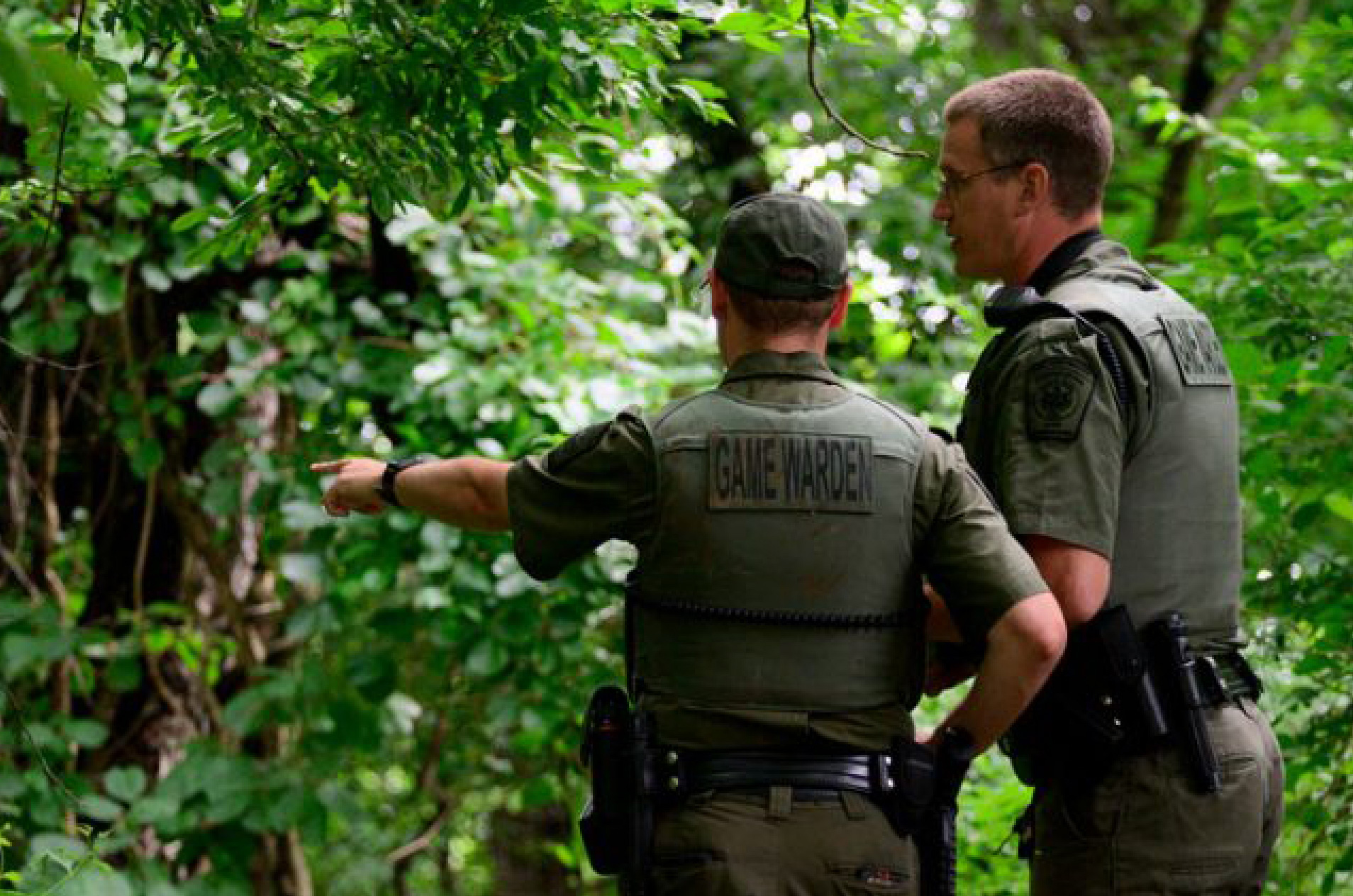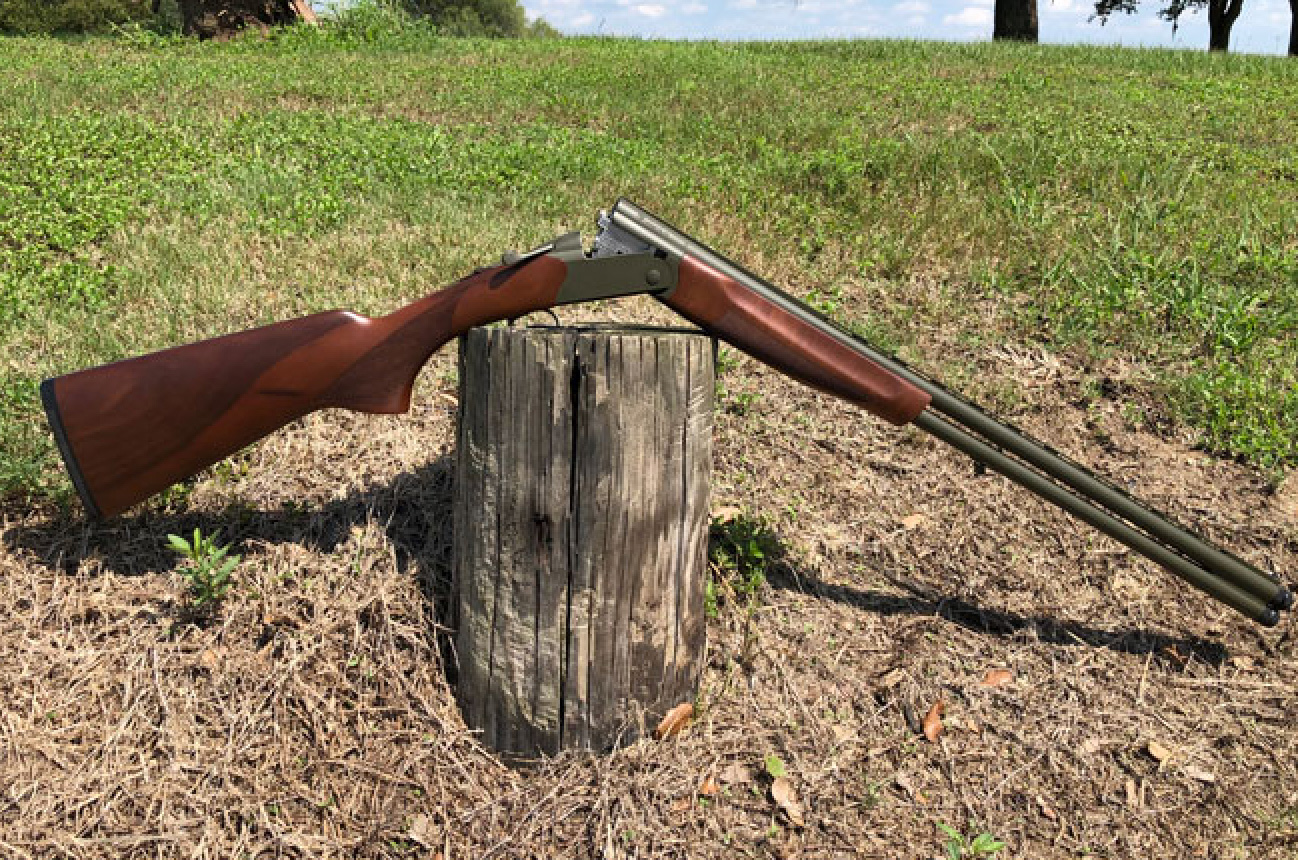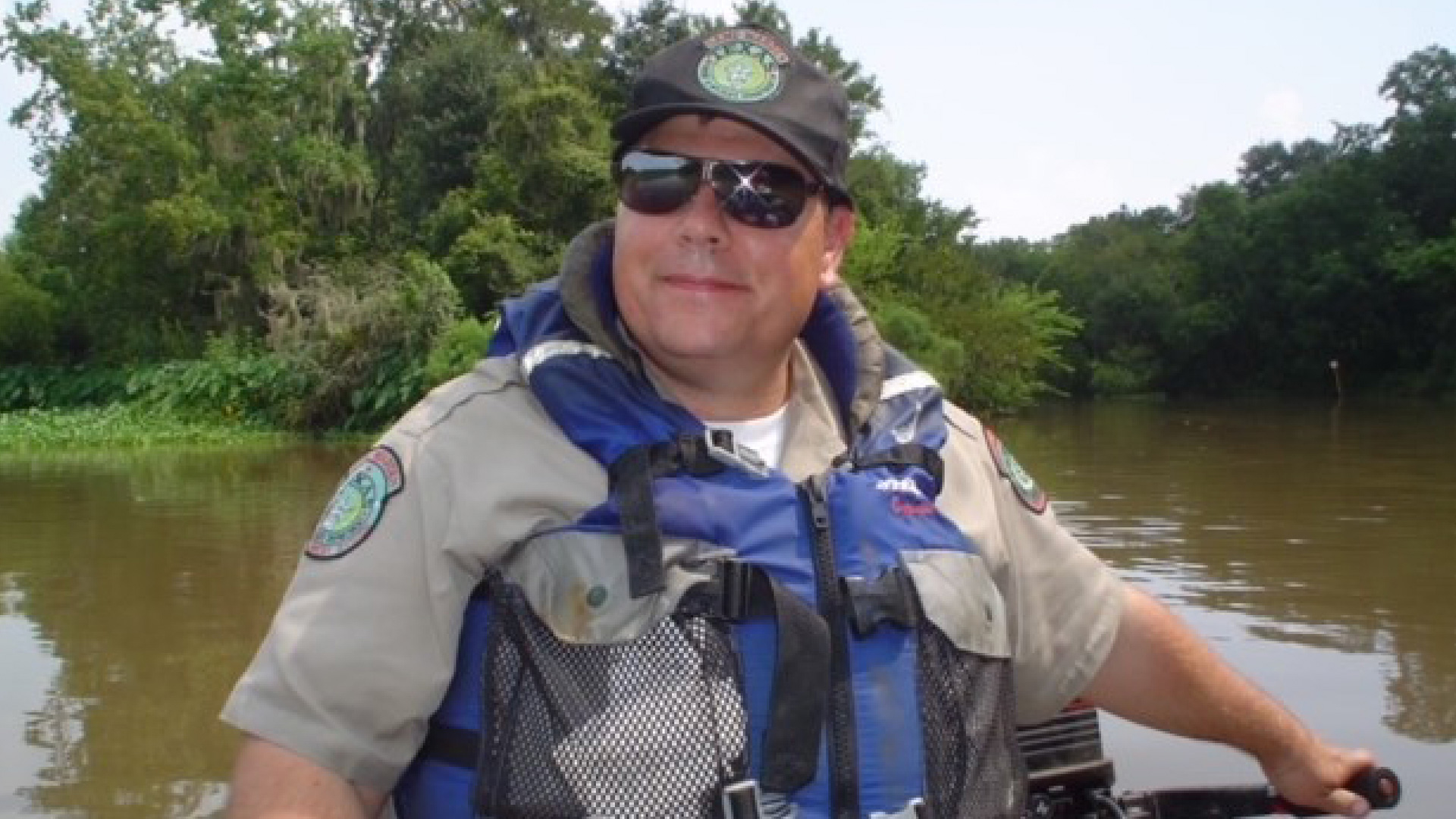There is a specialized law enforcement department that has the sole responsibility of protecting our natural resources. Collectively referred to as game wardens or conservation police officers, these men and women are the ones who interact with hunters and fishermen to make sure those taking our natural resources are following the rules, including hunting seasons, bag limits, means and methods, to name a few.

Game wardens are probably the least known of all law enforcement officers. Most are state peace officers, which means they must know all state legislative laws as well as all the game and fish laws. Many times they work by themselves, often out of radio communication or cell phone service. Game wardens routinely encounter multiple armed violators to whom they must issue citations or take into custody on their own. Game wardens usually work more than 40 hours a week, and often are gone from their homes and families for weeks. Needless to say, game wardens are dedicated law enforcement officers.
Unfortunately, we now live in a society where disrespecting law enforcement is becoming the norm for many individuals in our communities. Many even actively seek to harm law enforcement officers. If you are in the field often enough, you will eventually encounter a game warden. How you react to that encounter can set the tone on how the interaction will go.
It is important to remember that game wardens have a job to do, and they take that job very seriously. The game wardens with whom I have spoken have told me that there are things that sportsmen and women can do to make sure that any encounter is pleasant and uneventful. Game wardens are almost all in agreement in what you can do to keep yourself as well as the officer safe, and to avoid any misunderstandings. When you encounter a game warden you should display your firearm in a safe manner, have all your documents ready for inspection, have a good attitude, comply with requests, and do not look to be offended.

1. Make Sure Your Firearm is Displayed Safely The first thing that you should do when you see a game warden approaching is to display a safe firearm. A game warden knows that everyone they encounter is armed with either a firearm, knife or both. This ensures the safety of not only the game warden but also the person who is being checked. Remember, the game warden usually has no idea whom they are approaching, nor do they know their intent.
If you see a game warden approaching from a distance, keep your muzzle pointed in a safe direction and unload your firearm, leaving the action open to display a safe firearm. It is always a good idea to lay your firearm on the ground and place it in a rack or some other place that you can walk away from it. If the game warden appears suddenly, do not make any sudden moves with your firearm, including unloading it. With your firearm pointing in a safe direction, acknowledge the game warden and wait for him or her to ask you to unload. You can also ask the game warden if you can unload your firearm. The game warden may ask you to set the firearm down and have you move a safe distance away from it. Remember, the game warden is allowed to give you lawful requests for everyone’s safety.
It is important to remember that everyone is a little jumpy these days, and that includes game wardens who just want to make it back home to their families. Several game wardens relayed stories to me regarding individuals who refused to unload or place their firearm down. Luckily the game wardens handled the situation professionally without anyone getting hurt.
2. Have Your Documents Ready If you are hunting, you know that you need a hunting license. Your license is subject to inspection by a game warden. Most states also require a valid identification card to be on your person while engaged in hunting. Therefore, it should not be a surprise to anyone that a game warden is going to ask to see these documents. In addition to a hunting license and a valid identification card, there are other documents the game warden might ask to inspect, depending on the game you are hunting. These might include stamps, permits and tags, as well as anything else you are required to be in possession of while hunting a specific animal in a specific area.
It should go without saying that these documents should be readily accessible. This means that everything should be able to be presented to the game warden immediately. All required documents should be carried in a way that you do not have to disrobe to get to them. It you are waterfowl hunting and wearing waders, your documents should be stored in a waterproof bag in the top compartment. Licenses and other documents should not be left in the truck or back at camp. Game wardens are very busy, and they want to move on to the next hunter—just as much as you might want them to.

3. Have a Good Attitude Most officers will tell you that an individual’s attitude is a major factor when it comes to setting the tone of the encounter. That tone is usually established within the first 60 seconds. If an individual has a bad attitude from the start, this will probably inadvertently cause an escalation of tension. An individual that has a bad attitude is more likely to fail to display a safe firearm or comply with lawful orders. Unfortunately, if this occurs, the game warden will have to address this increase in tension through the “force control continuum.” This allows any peace officer to use one force higher than the force used against him or her. Fortunately, most peace officer are trained in, and can effectively use, de-escalation techniques.
There is no reason to have a bad attitude, after all, you are hunting! You are outdoors, enjoying nature and away from the office! If you have a good attitude when you meet a game warden, you are sure to have a good attitude when the game warden leaves. If you have a bad attitude when you meet a game warden, you are sure to have a bad attitude when the game warden leaves.
4. Comply With Requests It is always important that you comply with any lawful request by a law enforcement officer, and this includes game wardens. A game warden will ask the hunter to do specific things during an encounter to keep all parties safe and to efficiently perform an inspection of game and the equipment used to take natural resources. Any failure to comply with a request from a game warden is the surest way to increase the tension of the encounter. This can lead to citations or even an arrest. The quickest way to complete an inspection and get back to hunting is to comply with any request from a game warden.
5. Don’t Get Offended Do not take anything personally. Remember, game wardens are just doing their job. We now live in a society of individuals who are looking to be offended. Just like in any profession, game wardens go through a process to achieve an end. In the case of a game warden, he or she is to conduct an inspection to make sure that all game and fish laws are being followed. There is no ulterior motive in their inspections other than doing their job.
Several wardens relayed stories that provided examples of those individuals looking to be offended. One game warden told me how he asked a waterfowl hunter on dry land, who was wearing waders, for his hunting licenses and identification. Because the hunter did not have his documents where they were readily accessible, he had to lower his waders to get to his pants pockets to retrieve them. The hunter then loudly protested, claiming the game warden had him “disrobe” in front of his family to humiliate him!
Happy people tend to be happy hunters. Unhappy people tend to be unhappy hunters. The vast majority of game wardens that I have met have generally been happy people, who truly have a passion for what they are doing and enjoy encounters with the public. Attitude is contagious. If you have a good one, you’ll quickly infect others with it!








































